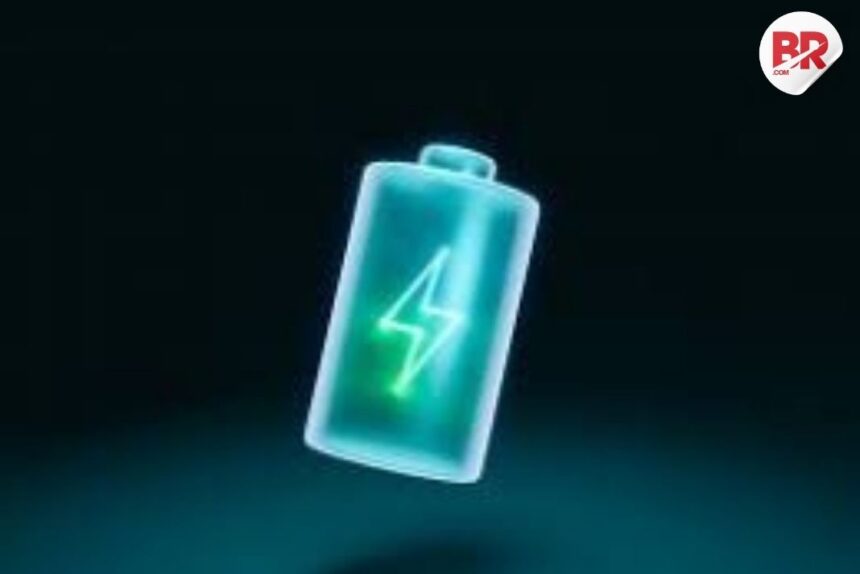
A new report by the India Cellular and Electronics Association (ICEA) and Accenture shows that the demand for lithium-ion batteries (LiBs) in India is expected to grow rapidly by 2030. This growth is mainly due to the increasing use of electric vehicles (EVs), consumer gadgets, and storage for clean energy.
Key Highlights:
- Big Jump in Demand:
By 2030, India’s total demand for lithium-ion batteries is expected to reach 115 GWh.- EV batteries alone are predicted to grow at a 48% yearly rate.
- Batteries for energy storage will grow at 14%, and for electronics at 3%.Why the Growth?
India is pushing towards cleaner energy and aims to reach its Net Zero carbon goals. The government is also supporting clean energy adoption, battery production, and safe recycling rules.

Challenges Ahead:
- Heavy Import Dependency:
India doesn’t yet have strong battery manufacturing or mining capacity. It depends on other countries for key materials like lithium, cobalt, nickel, and manganese.
Between 2024 and 2030, the need for these materials could cross 250 kilotonnes, costing over $5 billion in imports. - Government Steps:
To reduce risks, the government has launched the Critical Minerals Mission and waived some import duties. It also introduced Battery Waste Management Rules (BWMR) in 2022 to ensure old batteries are recycled safely. - Low Recycling Rates:
Despite the rules, about 39% of used batteries from electronics are not being collected or recycled properly.
The Bigger Picture:
India aims to install 500 GW of clean electricity and reduce carbon emissions by 1 billion tonnes by 2030. By 2070, it wants to be completely carbon neutral. But to reach these goals, India needs to build its own battery industry and manage both imports and waste more efficiently.
Also See: ICICI Prudential AMC to Launch IPO After ₹2,650 Cr FY25 Profit












